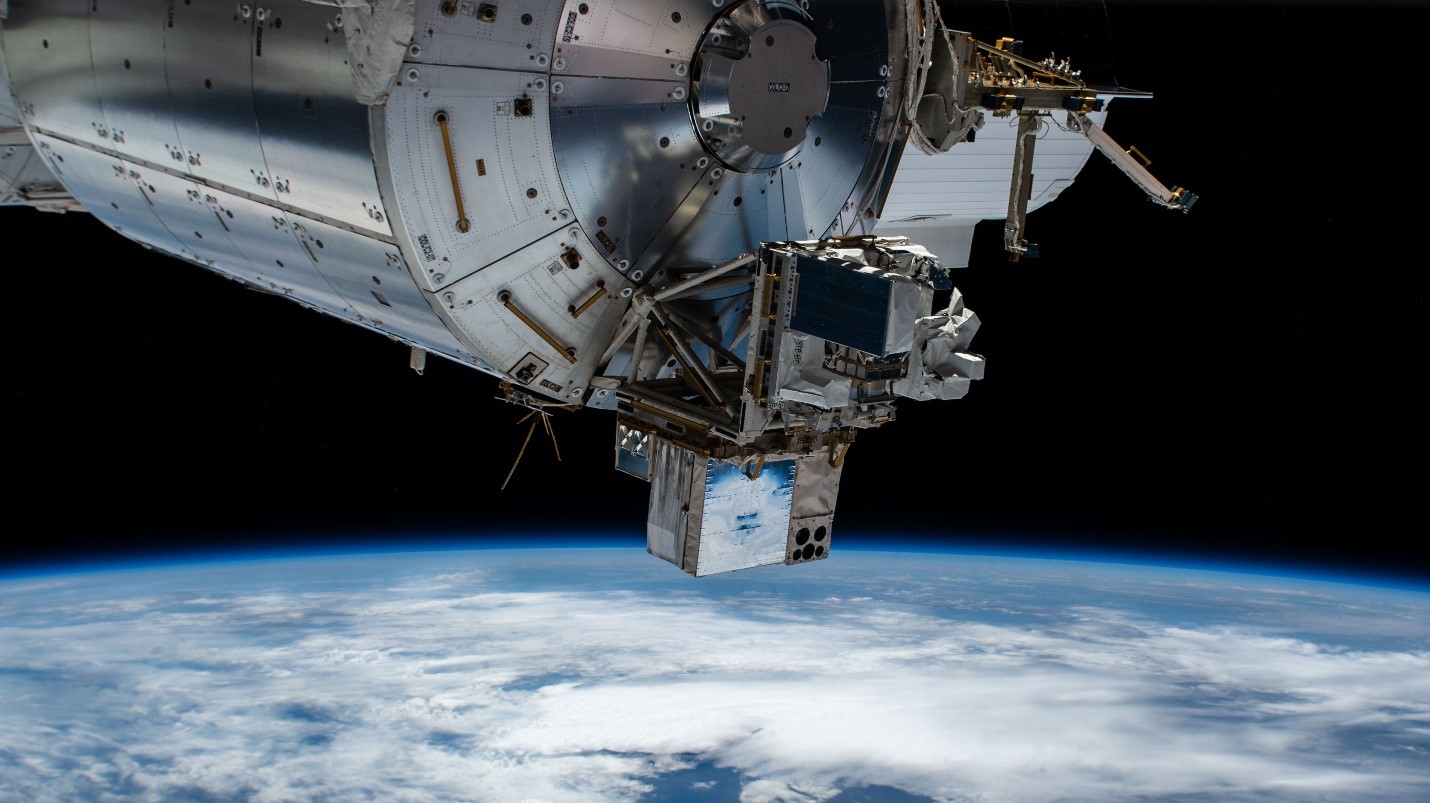Products You May Like
Vendors will compete for task orders under a five-year indefinite delivery/indefinite quantity (IDIQ) contract
WASHINGTON — The Space Force is changing its approach to buying satellites for the Space Test Program, which for decades has launched experiments for the U.S. government and allies.
Instead of awarding separate contracts for STP missions, the Space Force will select a group of vendors that will compete for $50 million worth of task orders under a five-year indefinite delivery/indefinite quantity (IDIQ) contract.
The plan is to select a mix of vendors that can produce spacecraft ranging from 12U cubesats to 180-kilogram ESPA-class satellites. These contractors will be responsible to design, develop and manufacture the spacecraft, integrate experimental payloads, test the integrated space vehicle, support the launch and post-launch mission operations.
A draft solicitation for the Space Test Experiment Platform 2.0, or STEP 2.0 program, was published Oct. 18. A final request for proposals is scheduled to be released in February and IDIQ contract awards are expected as early as July, said Col. Edward Byrne, deputy program executive officer for space domain awareness and combat power.
Byrne spoke at the Space Industry Days conference Oct. 20 in Los Angeles. His office will host an industry briefing Oct. 25-27 to discuss STEP 2.0.
“The purpose of the STEP 2.0 program is to fill the existing spacecraft procurement gap within the Space Test Program, and to ensure space experiments can be hosted on free-flyer satellite buses,” said Byrne.
The first task order to be awarded will be for STP Sat-8, a 12U cubesat projected to launch in 2025.
The STP program since it was established in 1965 has deployed more than 300 missions.
